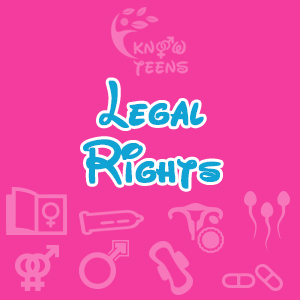What are Child Rights and who are all entitled to it?
Child Rights are those which specifies the minimum aspects that a child under the age of eighteen is entitled to receive, irrespective of any discriminating factors such as gender, race, religion, ethnicity, disability, colour, origin, language, etc. The United Nations has created a separate convention about the child rights called United Nations Convention on the Right of the Child (UNCRC) in order to address the different aspects of it. Accordingly, any human being who is under the age of eighteen will be referred to and treated as child.
Under UNCRC, the rights of the child can be classified into three types, known as 3 Ps: Provision, Protection and Participation. Provision includes the rights to standard living, healthcare, education, play and recreation. Protection includes the rights to protect from abuse, neglect and discrimination. Finally, Participation includes the rights to participate in community and social activities.
Children under the age of eighteen are usually are not vested with autonomy to take their own decisions. Often, the parents, caretakers, teachers, social workers and others hold the authority to take decisions for the children. To ensure that they don’t exploit their role, the child rights are established. By establishing such Child Rights, the government will be able to communicate the basic human rights available to the child and also implement them appropriately by devising governmental policies according to the civil, political, socio-cultural and economic background of the child.
See Also: List of all the child rights available as per the Indian Constitution








